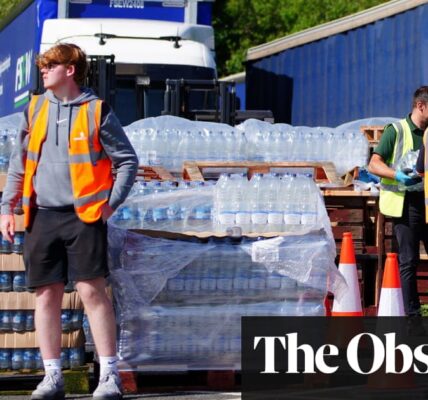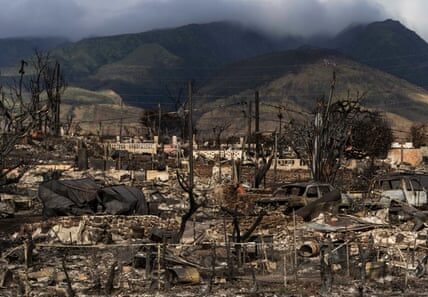The report suggests that the EU needs to reduce its carbon emissions at a rate three times faster in order to reach its targets.

According to a report from the European Commission, the EU needs to increase its efforts to reduce greenhouse gas emissions by almost threefold in order to reach its climate goals. This is significantly faster than the rate of reduction achieved in the past decade.
In an effort to reduce the severity of extreme weather events, the EU has committed to decreasing the amount of greenhouse gases emitted into the atmosphere by 55% in 2030 compared to 1990 levels. However, the commission’s recent State of the Energy Union report reveals that emissions have only been reduced by 32% over the past 30 years, leaving significant challenges for the next seven years.
According to recent projections from the European Environment Agency, the current policies are expected to reduce emissions by only 43% in 2030. This estimate increases to 48% when factoring in planned policies that have not yet been implemented, but there is still a shortfall of seven percentage points in terms of addressing climate change.
“To effectively meet these goals, the rate of decrease in emissions must increase,” stated Wopke Hoekstra, the recently appointed climate commissioner of the EU.
The report from the commission commended the swift actions taken to reduce reliance on Russian gas following the conflict in Ukraine, resulting in a significant increase in energy costs. The EU drastically decreased imports of Russian gas from 155 billion cubic meters in 2021 to 80 billion cubic meters in 2022, with an estimated further decrease to 40-45 billion cubic meters in 2023.
According to the report, the EU was responsible for promoting the development of clean technologies like wind turbines and solar panels, resulting in a significant increase in their use. However, the commission advised that renewable energy must expand at a faster rate than it has in the last ten years. On average, the proportion of renewables in European energy has risen by 0.67% annually, reaching 21.8% in 2021. The report concluded that meeting the EU’s goal of 42.5% by 2030 will demand a much more rapid growth in the upcoming years.
According to Hoekstra, there are three notable factors regarding emissions reduction: the need for significant cuts in buildings and transport, slow progress in these areas, the importance of growth in the natural carbon sink, and the urgency for greater progress in reducing emissions in agriculture. The overall trend of decreasing emissions is positive, but these three issues must be addressed to ensure continued progress.
According to Hoekstra, who used to work for both Shell and McKinsey, providing subsidies for fossil fuels is counterproductive to the shift towards clean energy. He also urged governments to follow through on their commitments to eliminate these subsidies.
The majority of European Union countries reacted to the energy crisis by implementing measures to facilitate the purchase and consumption of fossil fuels for individuals and businesses. According to the report, subsidies have increased to €123bn in 2022, with half of them lacking an expiration date within this decade.
During the upcoming Cop28 climate summit, the EU has announced its intention to advocate for a worldwide elimination of uncontrolled use of fossil fuels, specifically those that release greenhouse gases without capturing them, as well as certain subsidies.
Hoekstra said: “In the Cop28 mandate, all member states – I’ll say again, all member states – agreed fossil fuel subsidies that do not address either energy poverty or the just transition must be phased out as soon as possible.”
Despite pressure from the EU, many European governments have been slow to take action on addressing climate change in the past few months. Only a few member states were able to meet the commission’s deadline in June for submitting their proposed plans for climate and energy, and three of the five largest polluting countries – Germany, France, and Poland – have yet to submit their action plans.
A recent study from the European arm of Climate Action Network (CAN) reveals that the proposed policies fall short in preventing the planet from warming beyond 1.5C compared to preindustrial times. Additionally, they do not meet the minimum standards for EU climate and energy goals for 2030.
Chiara Martinelli, the director of CAN Europe, called on governments in the EU to “match the magnitude of the challenge” in their action plans. “This report starkly highlights the glaring contrast between the urgent demand for accelerated climate action and the sluggish on-ground progress.”
Source: theguardian.com


